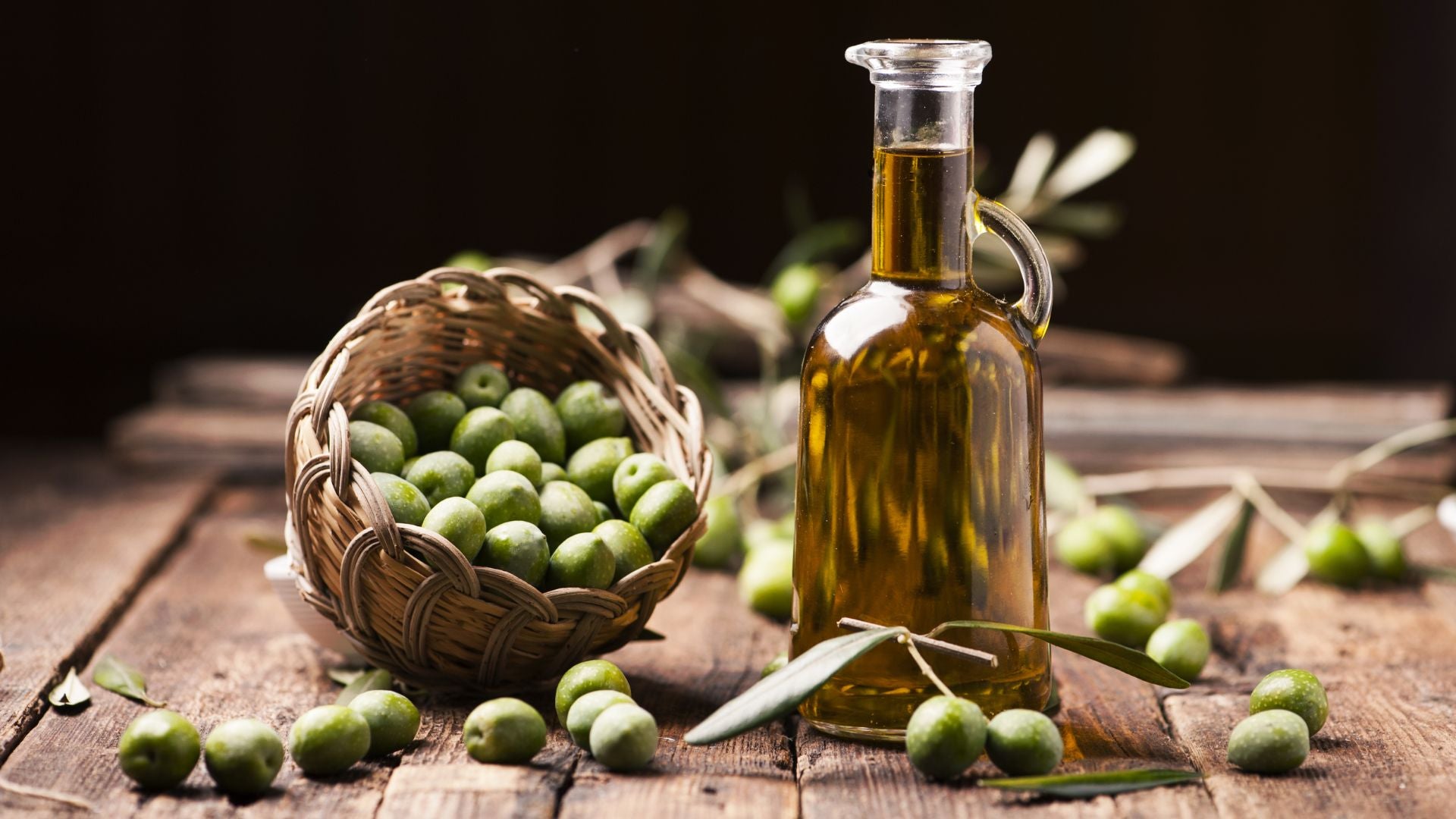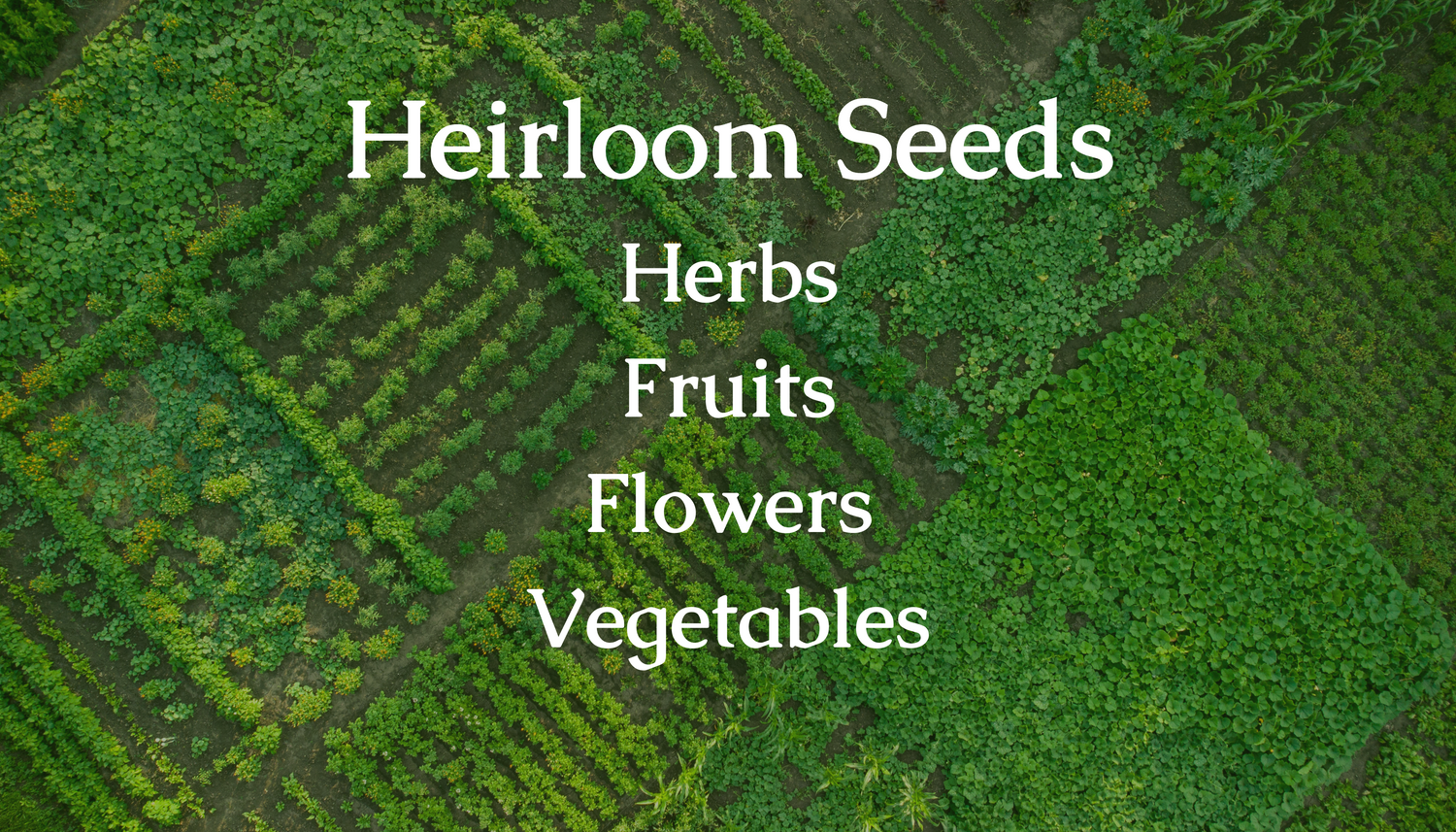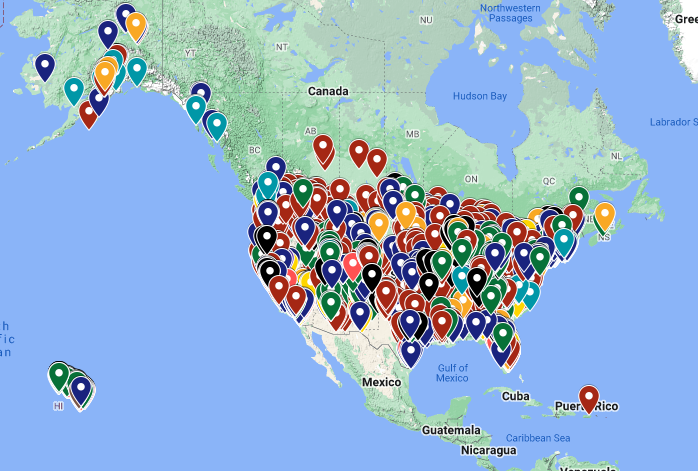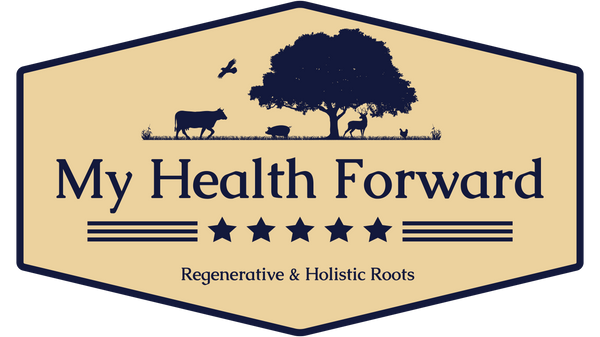Is extra virgin olive oil pure and safe to cook with?
Published September 13, 2024.
Extra virgin olive oil is most stable and healthy cooking oil.
Extra virgin olive oil (EVOO) contains the highest level of polyphenols, micronutrient antioxidant compounds. When heated, polyphenols maintain extra virgin olive oil's stability and prevent it from breaking down and creating harmful byproducts called polar compounds. Some polyphenols are lost from heat but a significant amount remain in the extra virgin olive oil even up to temperatures over 400 degrees fahrenheit.
While it is not recommended, extra virgin olive oil still does not produce alarming levels of harmful compounds when heated past its smoking point of around 400 degrees Fahrenheit.
There’s two fascinating processes that happen when you cook with extra virgin olive oil. Polyphenols and antioxidant compounds transfer onto the food you cook and beneficial phytochemicals transfer into the EVOO and become more bioavailable.
EVOO has the healthiest fat profile of all cooking oils because of its monounsaturated omega nine fatty acids composition.

80% of extra virgin olive oils are not fake and cut with vegetable oils.
The internet convinced you that 80% of olive oil is fake and cut with vegetable oils, but this isn’t true. The rumor started in 2010 when the UC Davis Olive Center released a report funded by the California olive oil industry. The report claimed that 69% of imported extra virgin olive oils and 10% of California olive oil samples didn’t pass their taste test. When proper technical physical and chemical tests were conducted by UC Davis on those same oils, they did not find one instance of adulteration. The context was buried in the paper and overlooked by the media. The UC Davis report recently included a disclaimer because of the video I made earlier this year on the topic. The disclaimer says, "the results in this report are based on samples purchased from California retailers in 2010 and should not be used to characterize the quality or authenticity of olive oil currently available in California or elsewhere."
In 2016, a Forbes reporter made the claim that 80% of olive oil is fake into national headline. Forbes didn’t cite the original source and said, “it's reliably reported that 80% of the Italian olive oil on the market is fraudulent.” Inspired by the headlines, the law firm Callahan and Blaine tried filing a class-action lawsuit against 10 major olive oil producers on behalf of California restaurateurs and chefs. The law firm dropped the lawsuit once they conducted their own testing and found that the olive oils were pure. A federal judge since dismissed another class action lawsuit that cited the original UC Davis.
Almost all extra virgin olive oil on grocery store shelves is real olive oil. An independent, peer-reviewed research paper published in the Journal of American Oil Chemists’ Society tested 88 main brand extra virgin olive oil samples selected right off grocery store shelves in Washington DC. The paper found no confirmed adulteration in any of the samples tested.
The North American Olive Oil Association has sampled an average of 200 olive oils directly from grocery shelves for the last 20 years. The olive oils are tested in independent labs certified by the International Olive Council (IOC). The NAOOA’s testing demonstrates that 98 percent of olive oil sold in U.S. retail outlets are authentic. The NAOOA made a commitment to increasing testing and transparency measure earlier this year.
The olive oil industry is heavily inspected, regulated, and tested nowadays. As a result, olive oil fraud is uncommon and being caught when attempted. People claim that there are not enough olive trees in the world to produce the oil without citing any research or source. In case you didn't know, olive trees only take 4-7 years to bear fruit, have an average life span of 500 years, and each produce 3-4 liters of extra virgin olive oil a year. Olive groves are abundant in Spain, Italy, Turkey, Greece, Morocco, and Tunisia.
Some extra virgin olive oils are not as high quality or "extra virgin" as the label advertises, so they do not pass expert's taste tests. This happens when lower quality olives and oils are added or there is break down from continued exposure to heat and light. The most likely incidence of lower grade oils being marketed as extra virgin can happen when the oil is sourced from multiple locations and sold in plastic bottles.
You should get extra virgin olive sold in dark glass or tin containers that comes from a single source and contains a domestic seal of authenticity. If you have the means, look for organic!
Subscribe to My Health Forward

Browse My Heirloom Seeds
I carry over 140 varieties of heirloom seed packets that are open-pollinated, non-gmo, pesticide-free, and breed true to type. Growing your own produce provides you with continual access to healthy and nutritious food.

Find Local Farms
Find farms near you using my map with over 5,400 local farms, ranches, markets, and stands across the country.
